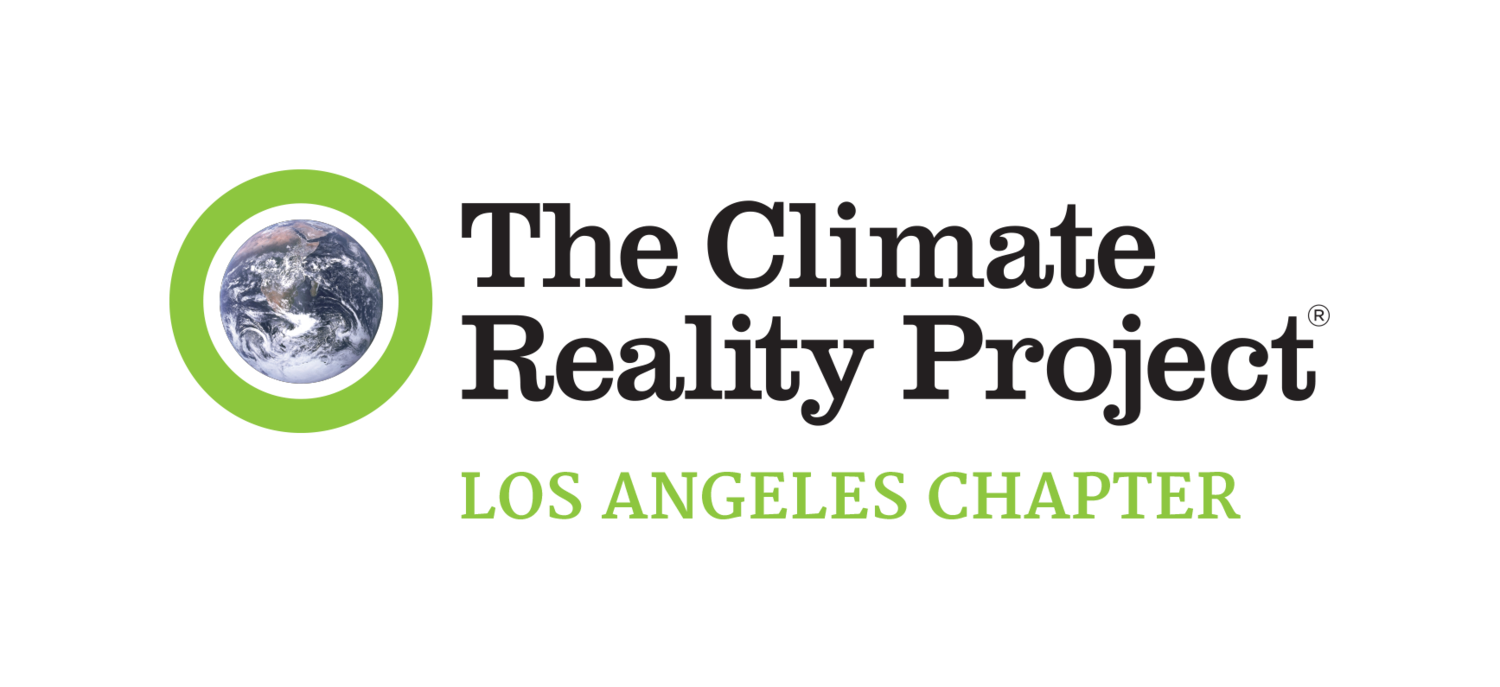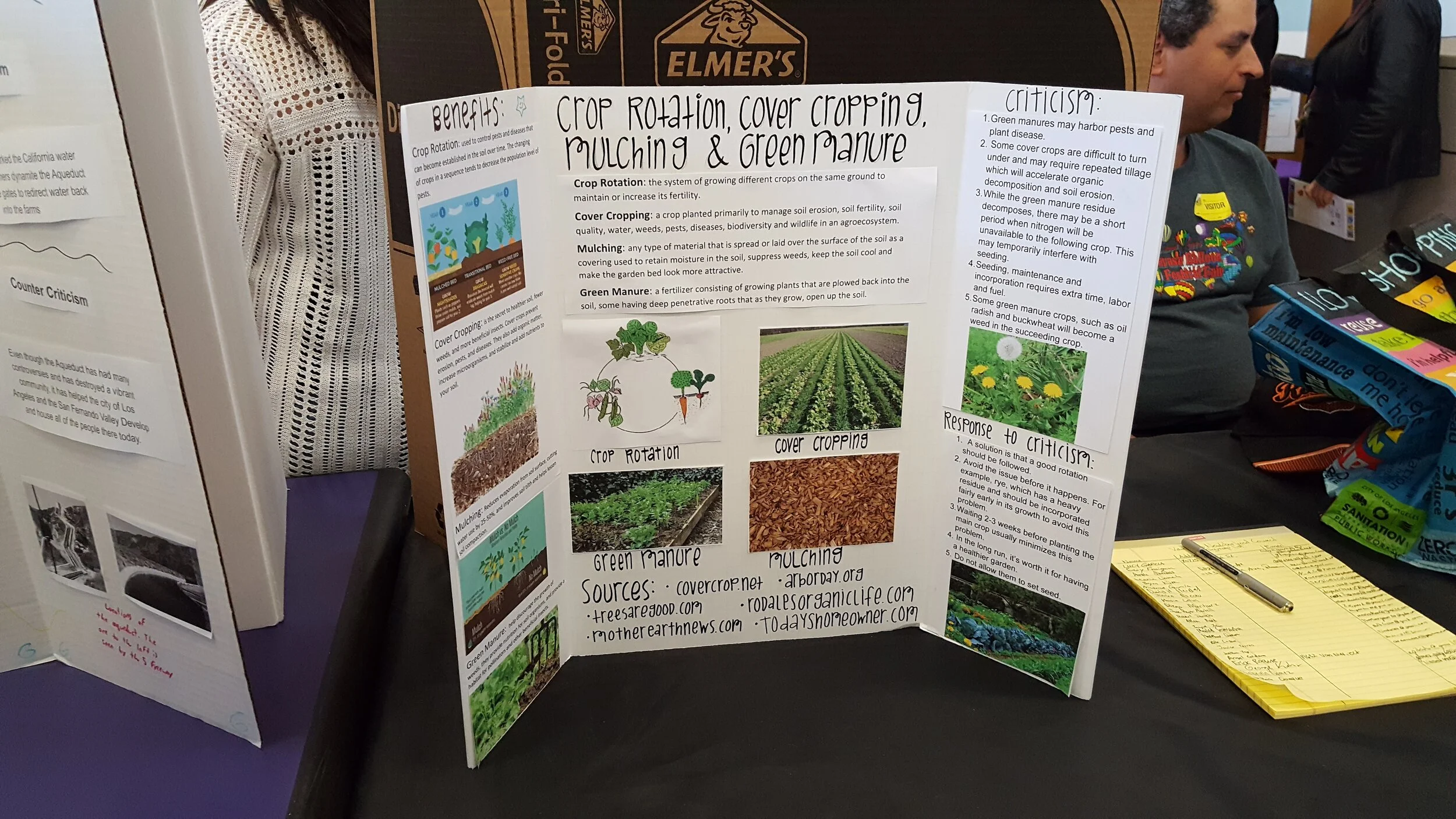CLIMATE CURRICULA COMMITTEE
Mission:
Climate Curricula Committee, 8.28.21
We plan to pass an ambitious School Board resolution integrating climate learning and climate justice into all subject matter across all grades. It’s about equity. Kids need to examine the climate crises, decide for themselves why this is happening and what we can do.
Current project:
Pass the LAUSD Resolution! Please take action below…
Take action
Sign Petition + Survey / Responde la Encuesta + Petición You will be signed up for more info./Estarás registrado para obtener más información.
Send a Letter of Support / Envía una Carta de Apoyo Tell the Board why our youth need deep education on climate.
Email Committee to tell us what you are doing!
Help wanted:
Sign the petition above.
Circulate the petition.
Help design beautiful leaflets and posts for this effort.
Got a blog post?
Map the Title I zip codes in our ARC GIS program.
Weekly blog
Visit the Climate Curricula Blog
Photo by Jeswin Thomas on Unsplash
Climate Curricula Call every two weeks in our Los Angeles Chapter
The committee discusses an agenda at our meetings every other Saturday at 2:00 PM PST, starting November 6, 2021. New members with an interest to listen and participate may join these calls. Provides automated closed captions for accessibility.
To join Zoom Meeting, please contact climate.curricula@gmail.com.
MATTERS PERTAINING THE LOS ANGELES UNIFIED SCHOOL DISTRICT
Historical redline map GIS Mapping of pollution burden areas
Lucy Garcia, Chair, Climate Curricula Committee. Photo taken at Bioengineers event.
Climate Change Conference: students’ posters
Lucy’s Climate Story for Teachers
After finishing the ironing, I sat on the hall floor in my suburban house as my mother finished the dishes, my feet on the opposite wall. “Well, what do you want to do, Lucy?” she asked. I thought deeply—everything was in front of me as an excellent student. “I want to help people—materially. I don’t want people to suffer hunger, cold…” So I threw myself into activism, organizing in the anti-Vietnam war movement, the women’s movement, antiracist movement, etc. I dropped out of college to do it.
I was eventually chagrined by events to see that my group wasn’t leading much anymore and couldn’t predict major events. Fact is, I had worked at an EPA Superfund site and had no thought for the environment.
I left the group.
Later, after having my three children, while raising them, I decided to go back to college, study the non-human world. Upon studying ecology at UCLA, and after graduating magna cum laude in Biology, I became an educator to support my family.
I taught science in a Title I public high school for eighteen years. The best thing I did for those students was to love them. The second best was to teach the process of science.
For climate, I would have my students organize a community conference on climate change, which morphed under their guidance into the annual Green Festival--with 80+ poster presentations by students, science fair style; speakers, tables, and workshops from local agencies and organizations; and best of all, food, games, music, art, contests, etc. All of this, plus conference organization of set-up, registration, translation, childcare, extra credit, crowd-control, security, and clean-up was done by students.
I sponsored the Heart of Nature Club who organized with a non-profit to lobby the City Council to get off coal (successful) and gas (ongoing). They organized presentations by the Alliance for Climate Education. They spoke to every teacher about recycling in the classroom. They started and maintained for years both a native plants and a food garden.
All this was supported by some teachers, many would bring their classes to our events, but there was little to no real teaching of it in most other classrooms—especially not where it most belongs, the Social Sciences, English and the Arts. I tried—I presented to each department a set of possible climate angles, based on their standards, to no avail. Life went on.
At events I would meet other teachers who said, “I’m the green teacher at my school.” NO. No. No one should have to teach this alone. A school needs to take a decision. A school is usually the youth’s central experience. Let’s prepare them.
Full disclosure: I see the climate challenges as multifarious and critical, very deep—a challenge to the industrial systems we have made, the social systems that ignore nature. We must learn again to love the Earth. But not everyone who teaches climate change challenges will agree. And that’s fine.
Articles
EdSource: Teachers and students push for climate change education in California
Advancement Project: Centering Racial Justice in the 2020 Budget
The Environment and Climate Literacy Project and Summit: Achieving Climate Stability and Environmental Sustainability
Los Angeles Times: What is the California Climate Credit - Does it Cut Pollution











